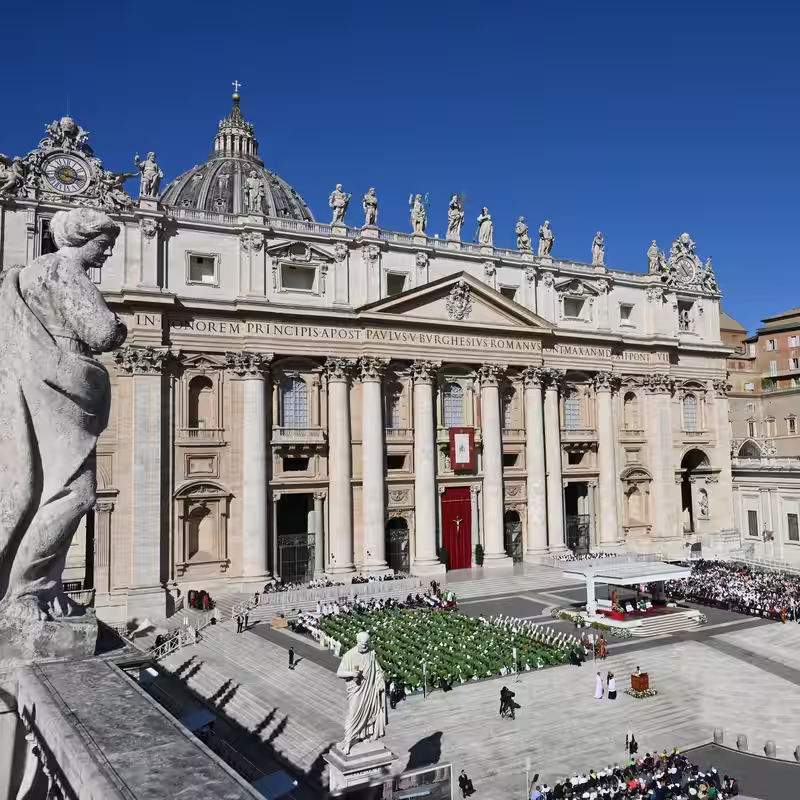Table of Contents
- Vatican Report: Key Findings on Abuse Response
- Pope Leo’s Uphill Battle for Accountability
- What This Means for Catholics Worldwide
- Survivor Groups Respond: ‘Too Little, Too Late’
- What’s Next for Church Reform?
- Sources
Vatican Report: Key Findings on Abuse Response
A newly released internal report from a Vatican commission delivers a sobering verdict: the Catholic Church remains too slow and inconsistent in addressing sexual abuse by clergy—and in holding perpetrators accountable.
The 42-page document, issued by the Pontifical Commission for the Protection of Minors, acknowledges that despite years of promised reforms, many dioceses still lack transparent reporting mechanisms, delay investigations for months or years, and prioritize institutional reputation over victim care.
“While progress has been made in policy,” the report states, “implementation on the ground remains fragmented, uneven, and often reactive rather than proactive.”
Pope Leo’s Uphill Battle for Accountability
Pope Leo, who assumed the papacy in early 2023 with a vow to “root out the rot” of clerical abuse, now faces mounting frustration from both reformers and survivors.
The report highlights structural obstacles: resistance from conservative bishops, legal loopholes in canon law, and a lack of centralized enforcement power. In several countries—including parts of Africa, Latin America, and Eastern Europe—local Church authorities continue to handle abuse allegations internally, with little oversight from Rome.
“The Holy Father wants change,” a senior Vatican official told reporters anonymously. “But you can’t mandate morality. You can’t force bishops to care if they don’t already.”
What This Means for Catholics Worldwide
For the world’s 1.3 billion Catholics, the findings underscore a painful truth: geography still determines whether abuse is taken seriously.
- In Germany and Ireland, independent lay review boards now operate with real authority.
- In the U.S., dioceses follow mandatory reporting laws—but critics say cover-ups still occur through legal settlements with nondisclosure agreements.
- In much of the Global South, victims often have no formal channel to report abuse, and whistleblowers risk excommunication or social ostracism.
The Vatican commission urged the creation of a global registry of credibly accused clergy—a proposal first floated in 2019 but never fully implemented.
Survivor Groups Respond: ‘Too Little, Too Late’
Advocacy organizations like SNAP (Survivors Network of those Abused by Priests) called the report “honest but hollow.”
“They’ve known this for decades,” said Marie Collins, a former commission member who resigned in protest in 2017. “Publishing a report isn’t justice. Justice is removing abusers, compensating victims, and letting civil authorities do their job.”
Others noted the irony: the same Church that demands obedience from its followers struggles to enforce its own rules on bishops.
What’s Next for Church Reform?
Pope Leo is expected to address the findings in a major apostolic letter before year’s end. Potential actions include:
- Mandatory training for all bishops on abuse response
- Deadline for every diocese to establish a survivor support office
- Streamlined process to laicize (defrock) credibly accused priests
- Greater lay involvement in oversight bodies
But without binding consequences for noncompliance, many fear the cycle will continue.
As one survivor put it: “We don’t need another report. We need action—and accountability.”




